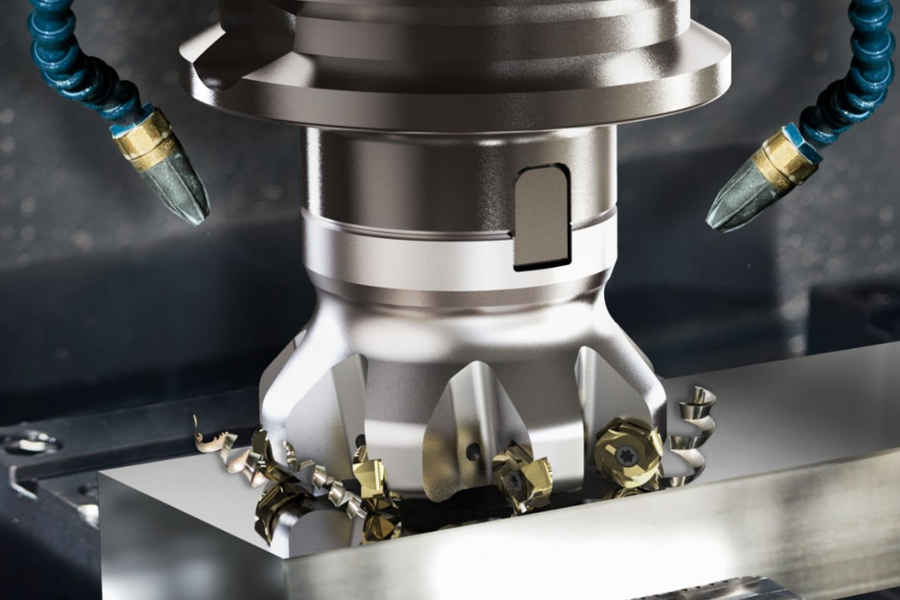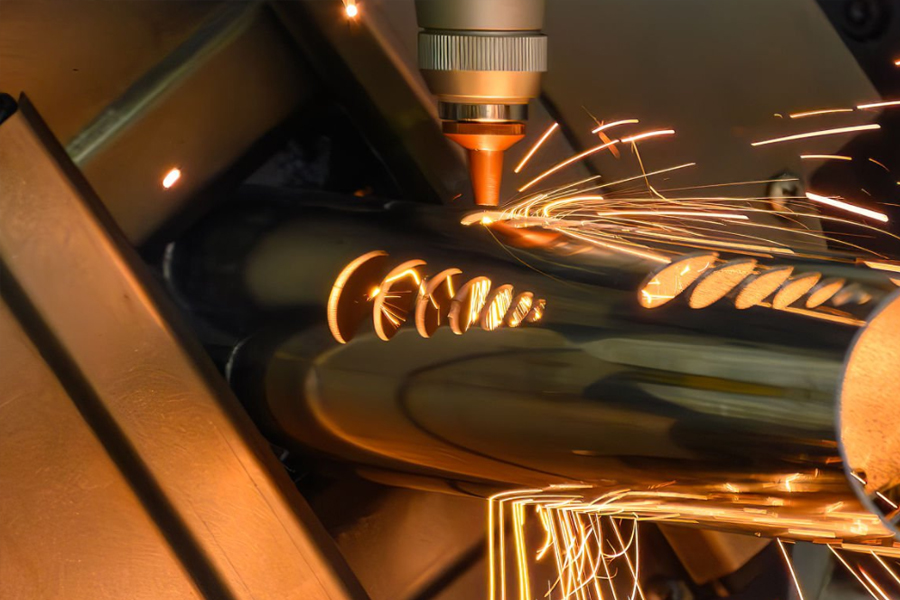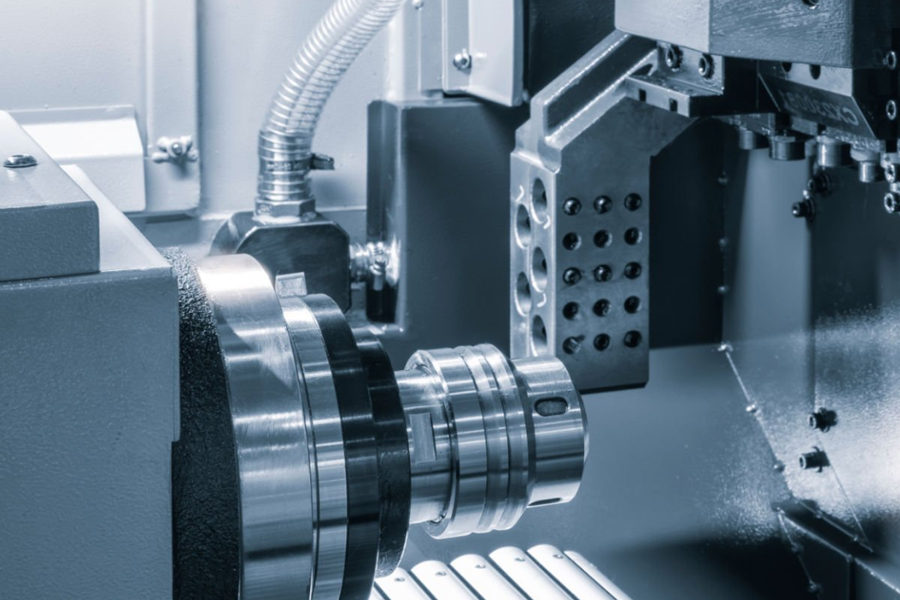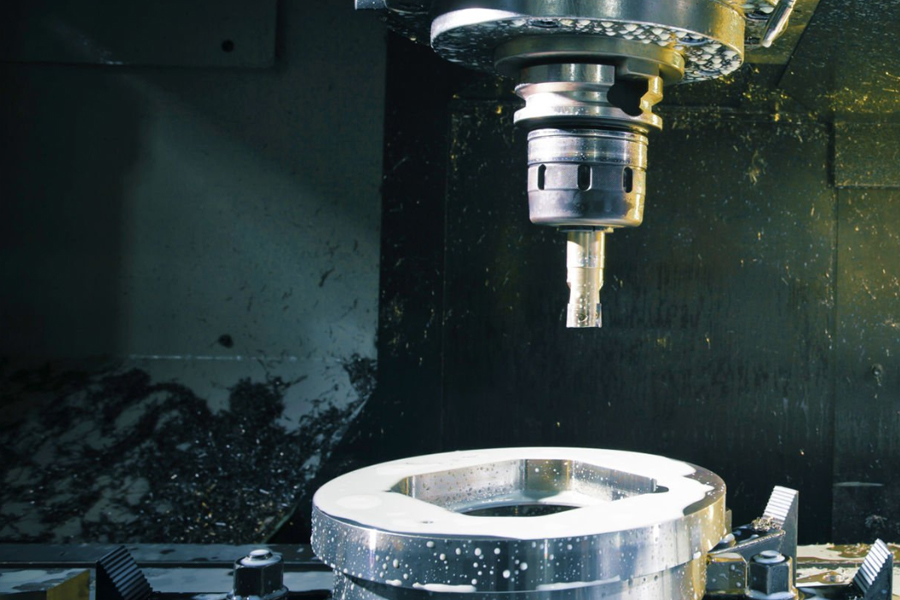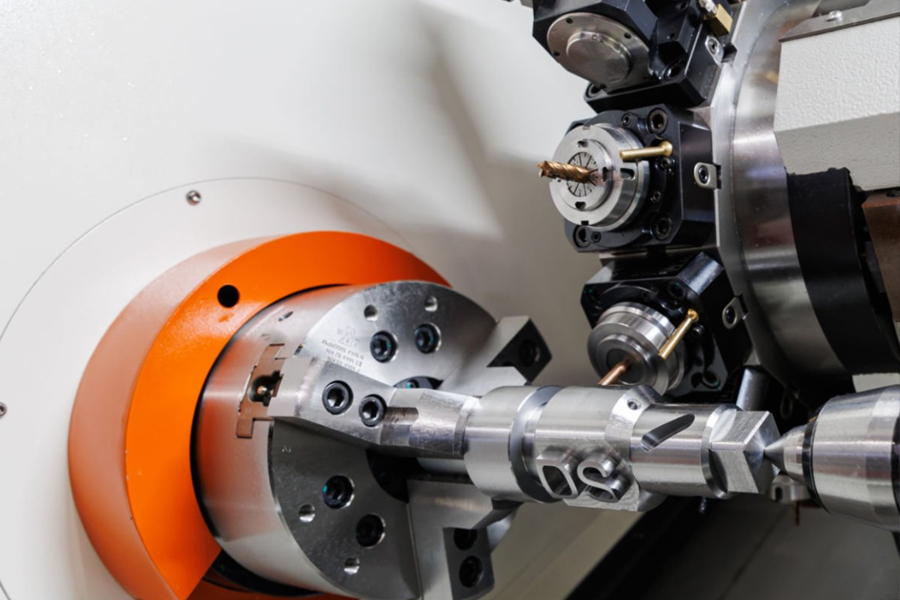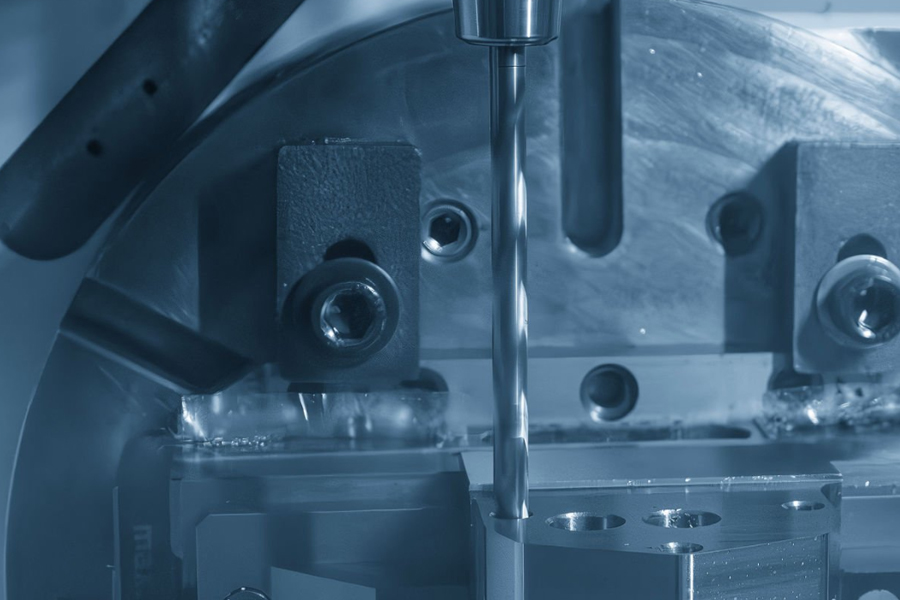In the modern industrial system, CNC precision machining is the core technology for converting design drawings into high-precision entities. With digital control, multi-axis linkage and intelligent technology, this technology provides reliable manufacturing support for high-end fields such as aerospace, medical equipment, and electronic communications. This article analyzes how CNC precision machining reshapes the precision standards of high-end manufacturing based on technical principles, application scenarios and process advantages.
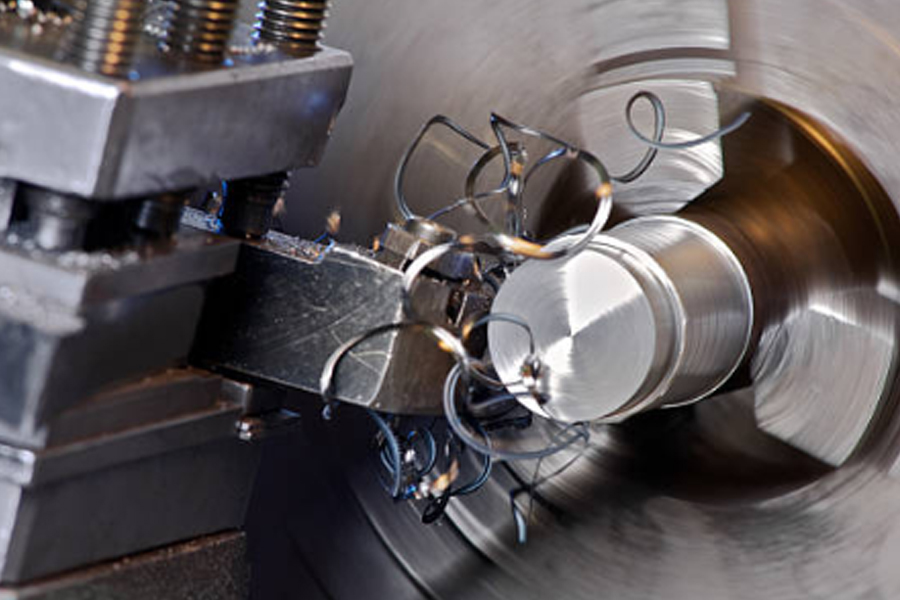
The technical core of CNC precision machining: the precision revolution driven by digitalization
CNC precision machining is based on computer numerical control (CNC) technology, and realizes precise control of the machining process through program instructions. Its core advantages are reflected in:
1. Full process digital control
Design end: Convert the three-dimensional model into CNC code through CAD/CAM software to avoid manual programming errors;
Processing end: The CNC system collects machine tool motion data in real time, and adjusts the tool path in combination with sensor feedback to ensure that the machining accuracy is always under control.
2. Multi-dimensional processing capabilities
Three-axis basic processing: meets the high-precision processing of conventional structures such as planes and hole systems, suitable for standardized parts production;
Five-axis linkage processing: breaks through the limitations of complex surfaces, realizes one-time forming of free-form surfaces such as aviation blades and optical lenses, and avoids multi-process transfer errors.
3. Material adaptation and process innovation
For difficult-to-process materials such as titanium alloys and high-temperature alloys, develop special cutting processes (such as high-pressure internal cooling and vibration cutting) to improve processing efficiency while ensuring accuracy;
Micro-nano processing technology realizes precision manufacturing of parts below the millimeter level to meet the special needs of semiconductors and medical micro devices.
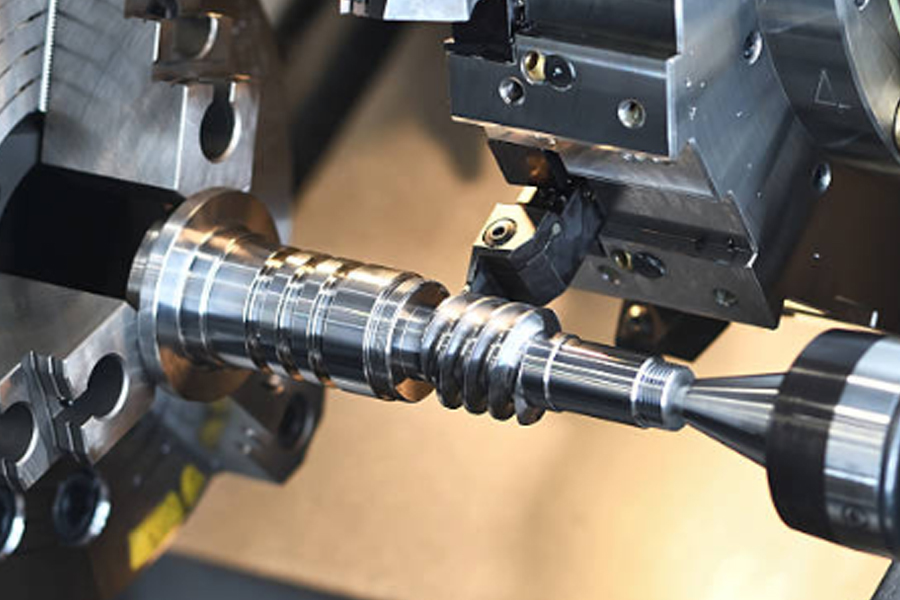
Process guarantee: full-process quality control system
The reliability of CNC precision processing depends on a systematic precision guarantee mechanism:
1. Environmental control
Working in a constant temperature workshop (20±1℃), combined with the machine tool thermal deformation compensation algorithm, reduces the impact of temperature on accuracy to below 0.005mm;
Air cleanliness control to avoid dust particles from interfering with precision processing, suitable for ultra-high precision scenarios such as semiconductors.
2. Closed loop detection
Before processing: the three-coordinate measuring machine (CMM) verifies the blank benchmark to ensure the accuracy of the processing origin;
During processing: the machine tool's built-in sensor monitors the spindle vibration and tool wear in real time, and automatically warns and stops the machine in abnormal conditions;
After processing: the machine vision system scans the entire size, the key dimension detection coverage rate reaches 100%, and the batch processing yield rate is ≥99.5%.
3. Flexible production capacity
The CNC system supports fast program switching to achieve flexible adaptation of multi-variety small batch production;
The automated loading and unloading system cooperates with industrial robots to increase the equipment utilization rate to more than 85%, meeting the customized needs of high-end equipment.
Precision defines manufacturing value
The essence of CNC precision machining is to transform the "millimeter-level" precision requirements into mass-produced industrial standards through technological innovation. From the "heavy weapons" of aerospace to the "people's livelihood needs" of medical devices, behind every precision part is the deep integration of CNC technology, material science and quality control. For high-end manufacturing companies, choosing a partner with full-process CNC precision machining capabilities is not only about obtaining qualified parts, but also about laying a solid technical foundation for product performance and reliability.

